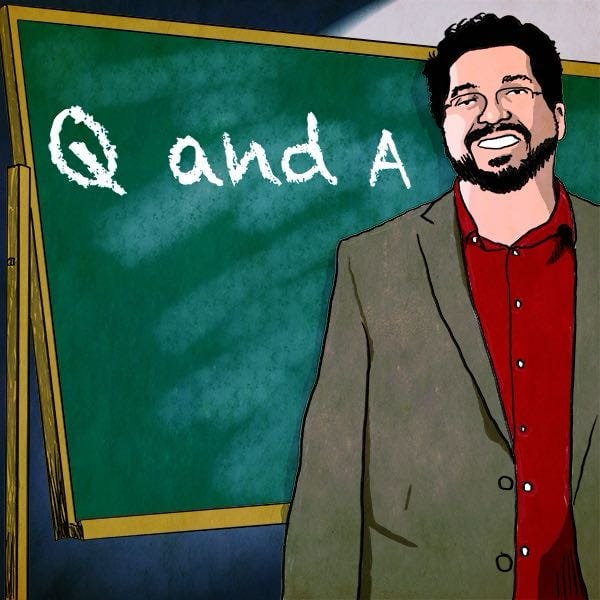AMA Answers
In lieu of a real essay this week, here are some answers to subscriber questions on topics ranging from analytical Marxism to Black Sabbath to why there's something rather than nothing.
I’m in London right now for the Historical Materialism conference. I was over the Atlantic Ocean on Tuesday night, watching Bridge of Spies in ten or twenty minute chunks as I kept letting my anxiety get the better of me, each time pausing the movie to neurotically open up my laptop, fire up the slow and flaky in-flight Wi-Fi, and neurotically refresh t…





